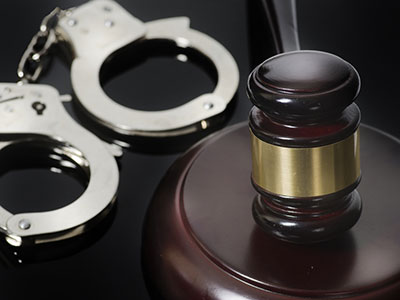
Sergey Aleynikov’s six-year odyssey through the U.S. judicial systems—both federal and state—continues. Last week, Aleynikov stepped into a New York State courtroom to defend himself at trial against a pair of criminal charges stemming from his 2009 arrest for allegedly stealing source code for one of Goldman Sachs high-frequency trading platforms. If convicted on the two counts – unlawful use of secret scientific material and unlawful duplication of computer-related material – Aleynikov could face a return trip to prison for up to eight years.
We here at Trade Secrets Watch have closely tracked Aleynikov’s judicial odyssey. Aleynikov spent approximately a year in prison after a jury in a New York federal court found him guilty of violating the Economic Espionage Act and the National Stolen Property Act. In April 2012, the U.S. Court of Appeals for the Second Circuit overturned Aleynikov’s conviction, which led Congress to amend the Economic Espionage Act of 1996 to close a perceived loophole in the law. Trade Secrets Watch previously covered this legislative fix.
Shortly after Aleynikov was released from federal prison, New York State prosecutors charged him with violations of state laws based on evidence provided by the FBI. However, Aleynikov successfully moved to suppress that evidence when the court ruled the FBI search illegal. Having kept an eagle eye on the proceedings, Trade Secrets Watch covered his victory dance too.
In September 2012, Aleynikov filed a civil suit against Goldman Sachs in the U.S. District Court for the District of New Jersey, seeking indemnification for his attorney’s fees in both the federal and state court criminal proceedings. The New Jersey district court awarded Aleynikov attorneys’ fees in the state court criminal proceeding, but the U.S. Court of Appeals for the Third Circuit subsequently reversed. And Trade Secrets Watch didn’t miss a beat.
Leveraging the New York State court finding that he’d been wrongly arrested, Aleynikov also filed a lawsuit against the responsible FBI agent in the District of New Jersey, asserting claims of civil rights violations and malicious prosecution.
Meanwhile, Aleynikov’s criminal trial has continued this week in New York State Supreme Court, when one of the FBI agents who arrested Aleynikov in 2009 showed up and told his side of the story. Also, the judge has blocked the prosecution from calling an expert witness it had previously said would only be a lay witness, saying it’s too late in the game to have the witness opine. As this second criminal trial rolls along, we’ll be sure to bring you the latest on all three of Aleynikov’s cases. Stay tuned!

